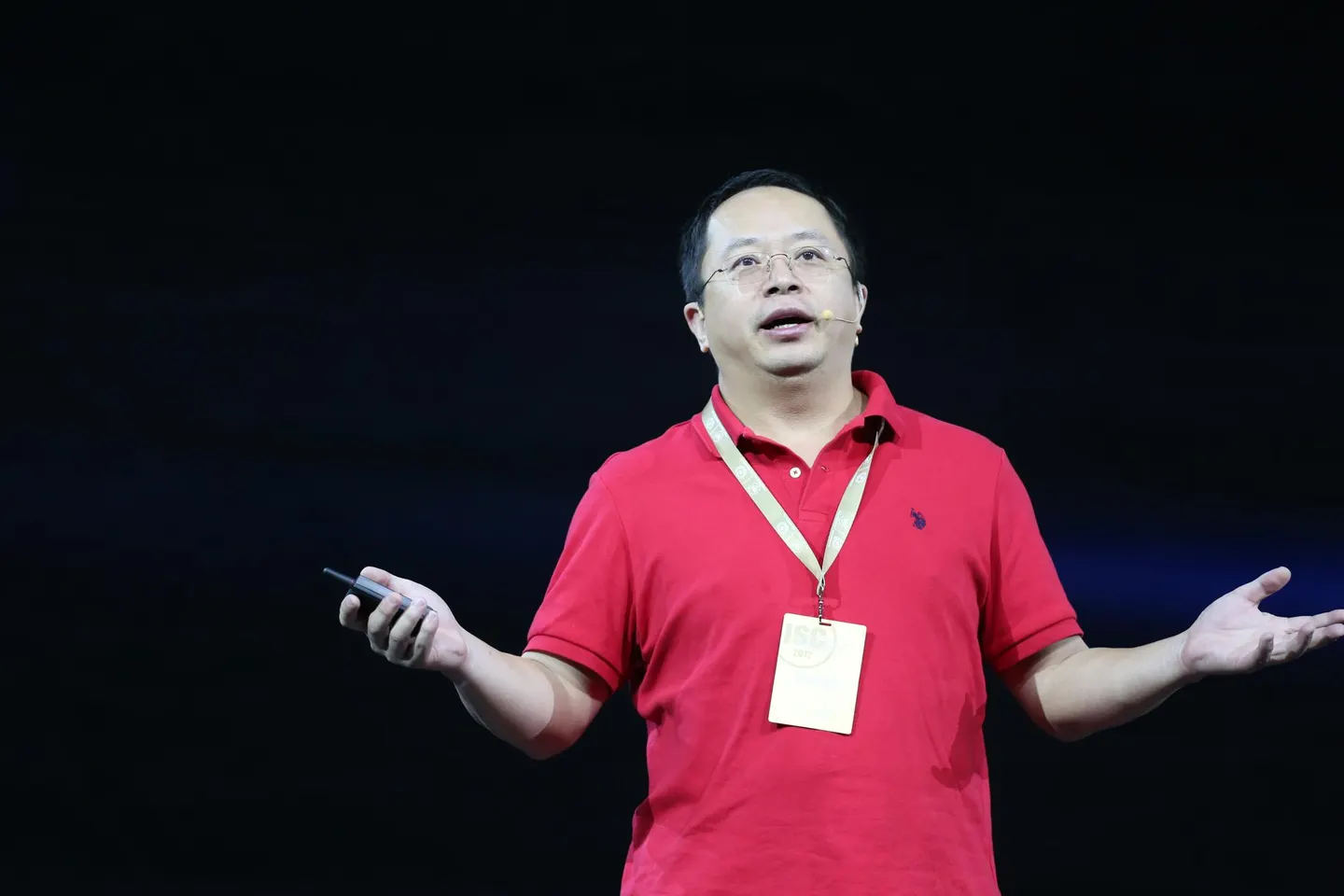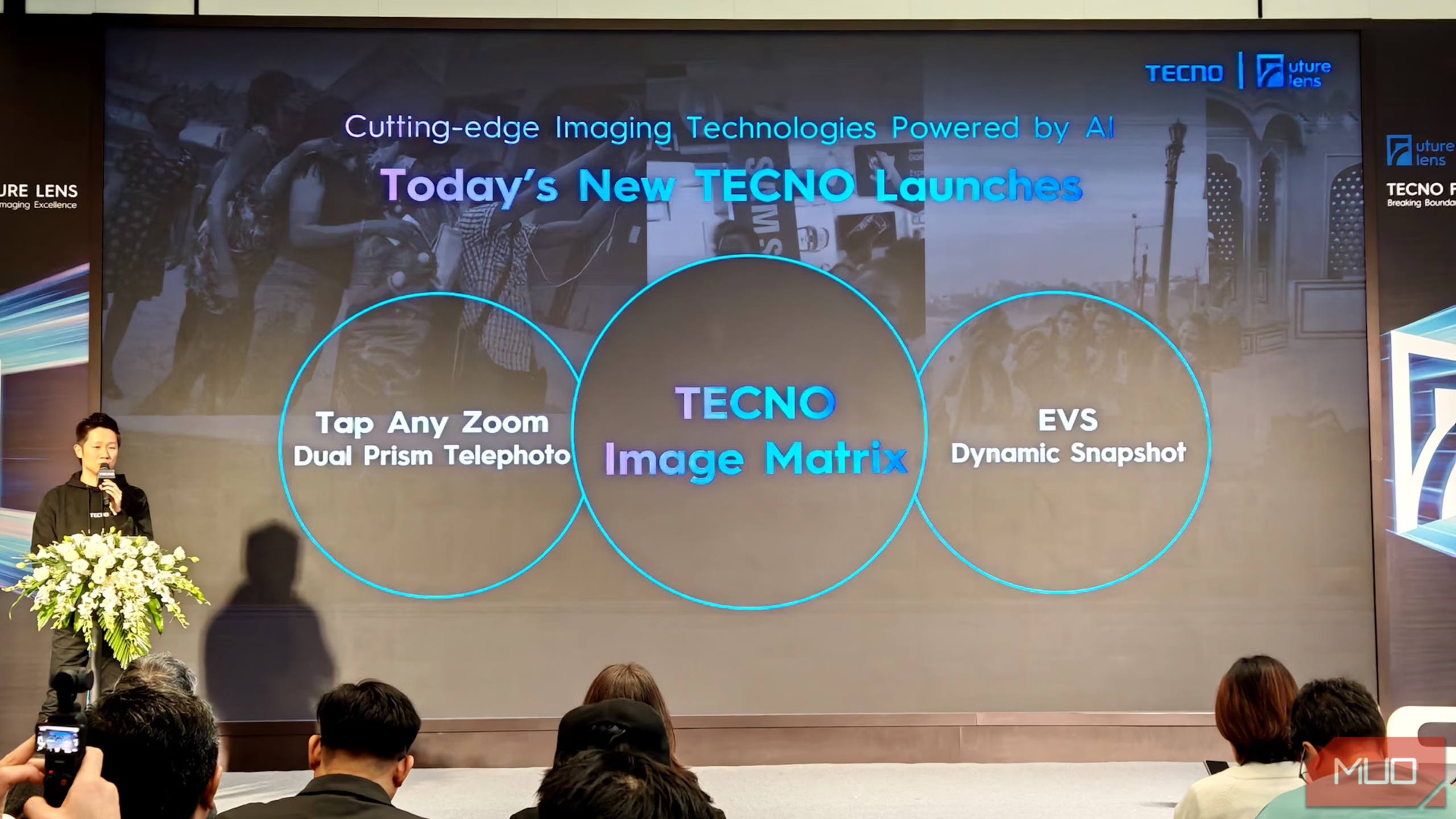Singapore’s urban blueprint shines in global happiness ranking
Singapore has officially been named the third happiest city in the world for 2025, according to the latest Happy City Index released by the Institute for Quality of Life. This achievement makes Singapore the highest-ranked city in Asia and marks a significant jump from its 2024 position. The index evaluates 200 cities globally based on six key categories: governance, health, economy, environment, mobility, and citizen engagement.
Unlike broader national-level rankings, the Happy City Index focuses on how urban design and services shape day-to-day well-being. For Singapore, this recognition underscores how its long-term investments in liveability, safety, and health are translating into measurable happiness.
Health, mobility, and innovation drive results
One of the biggest reasons behind Singapore’s high placement is its top score in the new “Health” dimension. The city-state boasts an average life expectancy of 83 years and offers coordinated mental health support to over 15% of its adult population.
Singapore also performs strongly in mobility and environmental planning. According to the report, 67% of the city’s transportation is classified as green — covering trains, buses, and pedestrian-friendly zones. These efforts contribute to a low-stress commuting environment that improves daily quality of life.
Furthermore, Singapore’s economy supports happiness through low unemployment — just 2% — and high entrepreneurship rates, with over 100 active businesses per 1,000 residents.
Editorial insight: Urban happiness is local
Singapore’s climb in the Happy City Index highlights an important shift in how we think about happiness. While the country ranks 34th in the World Happiness Report (which assesses national-level factors), it performs much better at the city scale — where quality-of-life inputs like walkability, safety, and public wellness services are easier to influence directly.
In many ways, Singapore’s data-driven governance is built for city-level well-being. Its planning model focuses not just on efficiency, but on creating human-centered spaces — green corridors, vibrant public areas, and easy access to health and education.
This approach is becoming increasingly relevant in Asia, where megacities often struggle with overcrowding and poor air quality. Singapore shows that happiness can be engineered — not through slogans, but through thoughtful infrastructure and policy design.
Future outlook: From smart city to soulful city
Singapore’s next challenge will be to transition from being a high-functioning “smart city” into a “soulful city.” While digital efficiency and physical safety are well established, emotional well-being, community bonds, and creative expression will define the next era of urban happiness.
Plans are already underway. The government has announced new wellness hubs in HDB precincts, expanded digital inclusion programs for seniors, and upgraded cultural infrastructure in suburban neighbourhoods. Together, these initiatives aim to foster a deeper sense of belonging, identity, and intergenerational harmony.
Conclusion: Setting the bar for Asian cities
With its 3rd-place ranking, Singapore now sets the standard for what a modern, high-density city can achieve. The message is clear: happiness is not just about income or infrastructure — it’s about how people feel in the places they live.
As other Asian cities look to balance growth with well-being, Singapore offers a case study in what’s possible when policy, planning, and people align.














